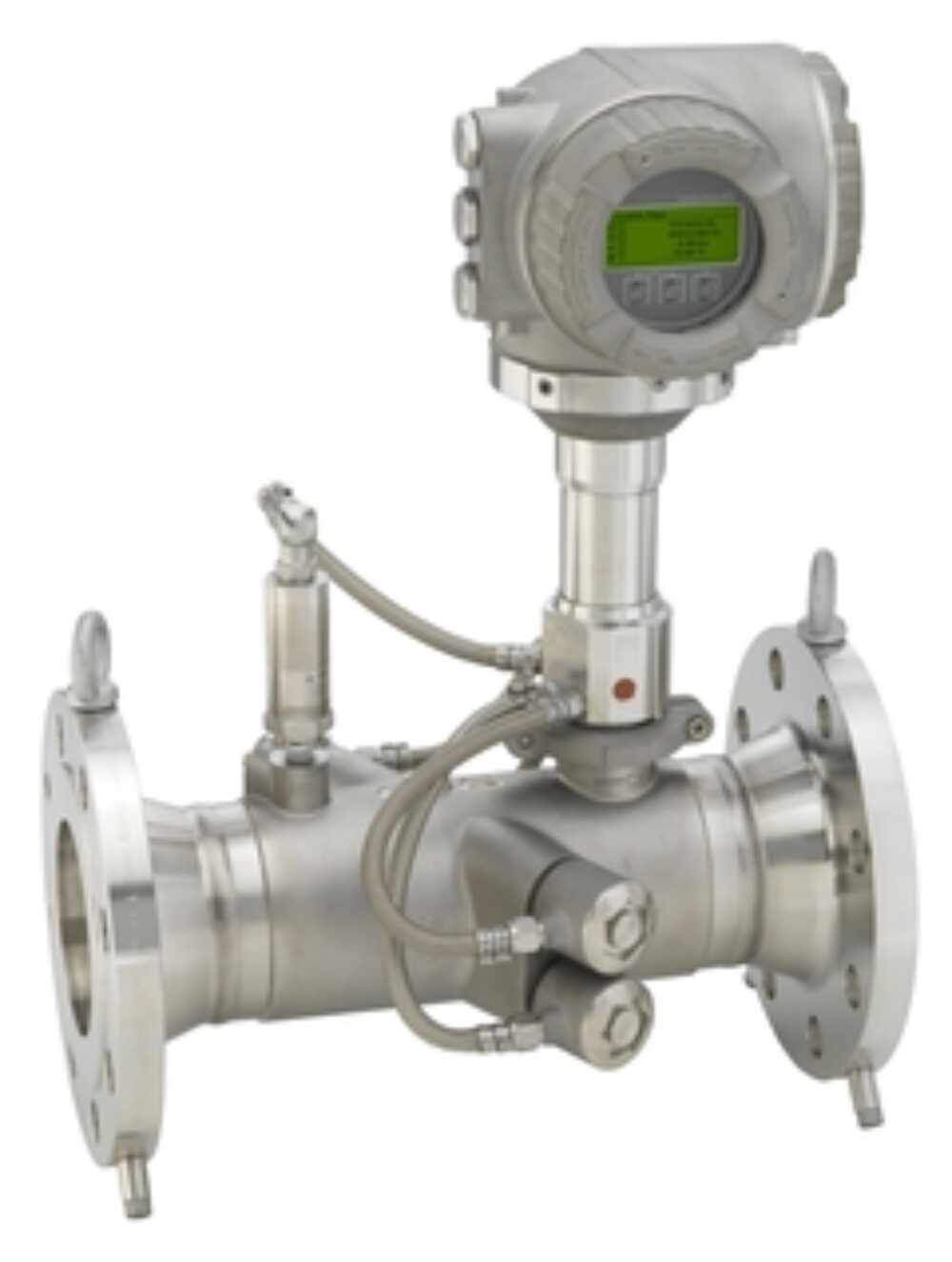Did you know that the University of New Hampshire has what’s recognized as the first Renewable Natural Gas (RNG) power plant for a university campus in the USA? Their RNG power plant, known as the EcoLine project, is the first of its kind to use landfill gas to power a university campus. By converting landfill gas into clean energy, UNH is not only reducing greenhouse gas emissions but also providing a sustainable power source for their campus energy needs. Learn more about EcoLine here. ECOLine | Sustainability (unh.edu)
Hats off to other campuses using this same technology, such as Penn State University for their use of biogas. Read more about their application here.
All About the Penn State University Digester (psu.edu)
Campus energy fuel choices are numerous and all have pros and cons. Biogas and RNG deserve a seat (or seats) at the campus energy table alongside current favorite energy sources such as natural gas, hydrogen, geothermal/geoexchange, and biomass.
As with any RNG or biogas project, proper control and monitoring of the feedstock (landfill gas, food waste, animal waste) and the processing are critical to a final product of quality energy. Using proper instrumentation, such as EPA-approved flowmeters like the Endress+Hauser Prosonic B200 (to monitor the health of bacteria and the effectiveness of gas upgrading) and the SICK FLOWSIC600-XT (approved for custody transfer) ensure a healthy plant and process.
EPA: Alternative Measurement Protocols for Biogas and Renewable Natural Gas | US EPA
B200: https://bit.ly/3xoRqRz
600-XT: Product_information_FLOWSIC600_XT_US_version_en_IM0076799.PDF (sick.com)
#RNG #Biogas #GreenCampus #Instrumentation #SustainableCampus
